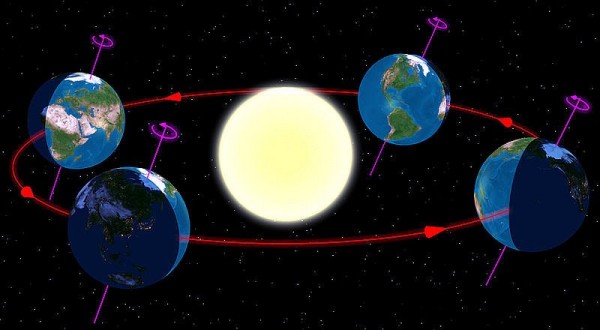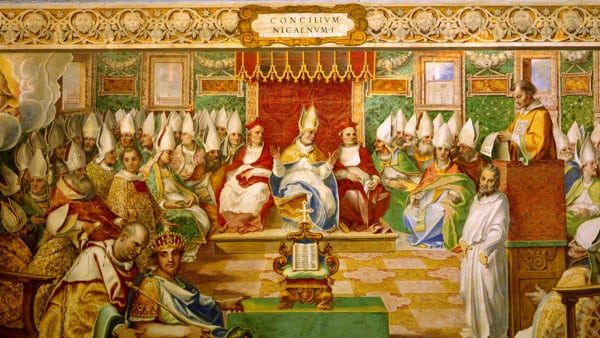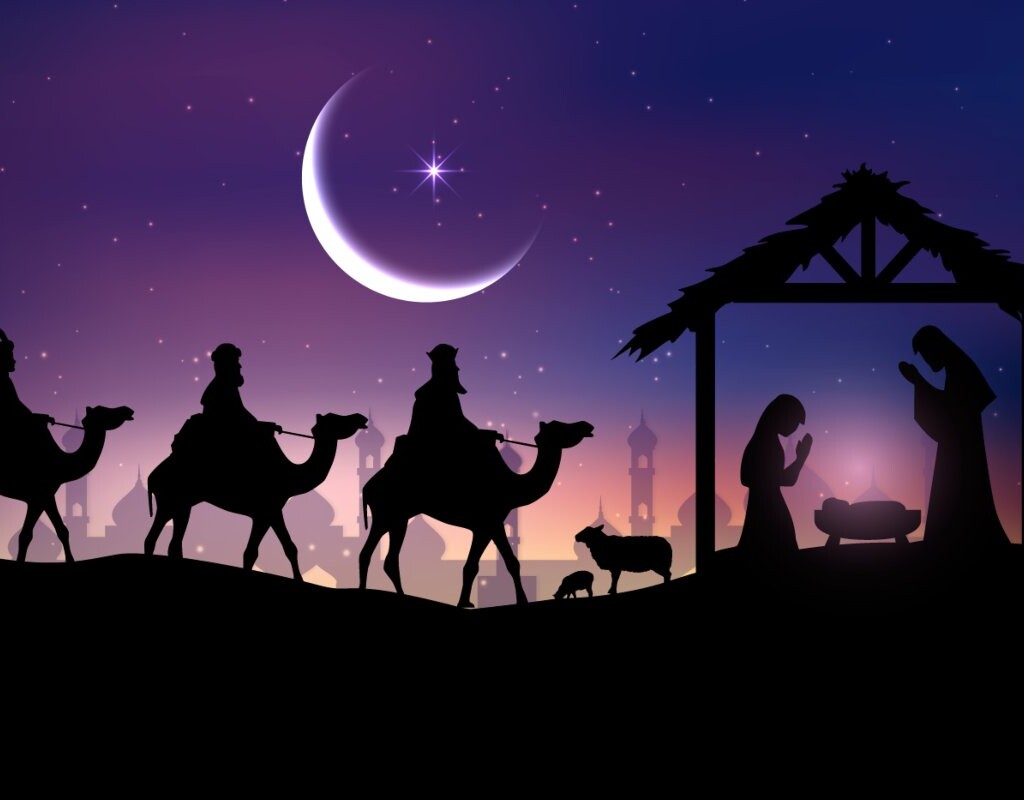In our solar system, a truly unique phenomenon occurs around Christmas. The Sun reaches its lowest point on December 21 in the northern hemisphere, marking the beginning of the progressive lengthening of the day to the detriment of the night hours.
Origin and history of the celebration of Christmas
Christmas as it is known today was invented in the 19th century.
Because of how little the sun’s declination varies around the winter solstice and how it seems to remain motionless at the celestial equator, this phenomenon is known as the “still sun”.
For all ancient societies, the winter solstice symbolized the actual birth of the sun because it is a cosmic event that brings light and warmth to Nature.
The fertility of the earth, which ensured the existence of the divine star, the oldest deity ever worshipped by mankind, helped humans to see their chances of survival refreshed as the rest of nature gradually began to emerge from its slumber.

History and Origin of Christmas
Until the Council of Nicaea, in 325, it was not formally recognized that the person of Jesus was consubstantial with God.
At that time, the dogma that the Father and the Son were made of the same divine substance was much debated and discussed.
Pope Julius, I established December 25 as the official beginning of Christmas in the fourth century for several reasons, one of which was to minimize the importance of some pagan rites celebrated on the same day.
By way of illustration, consider the celebrations of Saturn-Cronos, the ancient Roman god of agriculture and fertility, as well as the celebrations of Bacchus.

The Vedic god Mithra, whose cult originated in India and later spread to Persia and Rome, was honored by Roman soldiers on the same day. The various deities associated with the Astro-King, as well as Mithras, periodically underwent passion, death and resurrection.
Pope Julius I
Some authors claim that Gregory Nazianzen, one of the three Cappadocian fathers who developed the classical Trinitarian doctrine at the end of the fourth century and John Chrysostom significantly influenced the decision to choose December 25, which they place in 345, under Pope Julius I.
John Chrysostom defended this date, as opposed to January 6, in writings from at least 375. Although both acted as ardent defenders of the date of birth, it is most likely that neither was involved in the decision to choose December 25.
Although they did act as ardent advocates of December 25 after the fact, it is more credible that both characters were not involved in the dating of the birth.
Natalis Solis Invicti
When he urged his followers to dedicate that day “to the Sun, but to the Creator of the Sun,” St. Augustine (354-430) must have been very clear about the true origin of Catholic Christmas, which was superimposed on the Natalis Solis Invicti.
Even after December 25 had already been established as a fixed date – or perhaps even because of it – speculations about the birth of Jesus persisted for many centuries.
The use of two different calendars in the East and West resulted in such inequality of computation around 526 AD that they had to be unified.
Dionysius the Exiguous, a monk, was commissioned by Pope John I (523-526) to carry out the chronological studies necessary to unify the count and prevent Easter from being celebrated on two different dates in the same year, to correct the discrepancies between the Jewish and Roman calendars.
Date of December 25
A monk, Dionysius was born in 460 in Scythia, an ancient nation now known as Dobrudja, a region on the Black Sea coast between Bulgaria and Romania.
From 497 he lived in Rome in the service of the papacy. Previously, he had been in charge of determining the dates of the councils of the East and translating various theological works from Greek. He was famous for his erudition.
He reviewed all the writings of the ancient chronographers kept in the libraries of Rome to prepare for the new mission.
Dionysius the Exiguous preferred to start counting from the birth of Christ because he considered that it would be more convenient for the Christian world to do so than from the time of an acknowledged “impious persecutor of the Church”…




